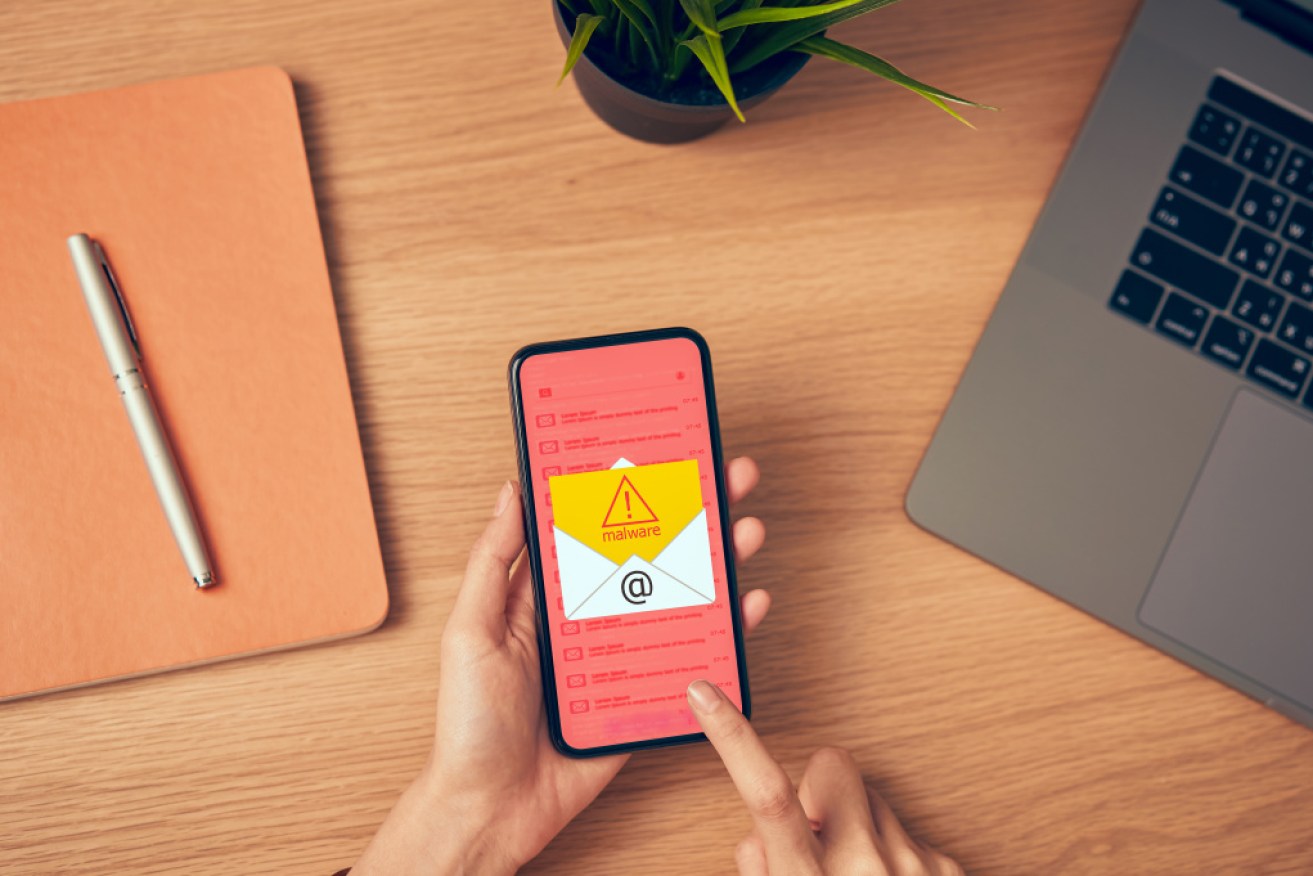Consumers warned to protect themselves while using e-commerce apps


Third-party apps and downloads make Android devices more vulnerable to malware. Photo: Getty
Recent reports have highlighted the potential risks of malware on e-commerce apps, prompting concerns for Australian consumers.
A CNN article revealed malware threats on the popular Chinese shopping app Pinduoduo, exposing its users to potential security risks.
The incident prompted a tech expert to tell The New Daily that Australian consumers should proactively protect themselves from similar risks on shopping apps, where consumers provide credit card and other payment details.
Associate professor at RMIT University Mark Gregory said the issue highlighted the differences between Apple’s closed and Android’s more open environments.
He explained that checking for malware on Android devices often occurs after the fact.
In contrast, Apple performs security checks before allowing apps onto its store.
He believes companies must be vigilant in protecting their code and ensuring that lookalike apps don’t end up on app stores.
According to a recent comparison done by NordVPN, Apple’s iOS operating system has generally been regarded as the more secure option, thanks to its closed, controlled ecosystem and stringent app review process.
This rigorous vetting ensures that apps on the Apple App Store are less likely to contain malware or other security risks.
On the other hand, Android’s more open and customisable nature makes it more vulnerable to malware and security breaches.
Convenience
E-commerce apps can be convenient, but may also threaten user security and privacy.
To help users stay safe when using e-commerce apps, consider the following tips:
- Turn on automatic updates for apps and devices to fix software bugs or vulnerabilities that could be exploited by cyber criminals or malware
- Activate multi-factor authentication (MFA) for online accounts, adding an extra layer of security by requiring a code or a device in addition to your password
- Use strong and unique passphrases for important accounts, making them harder to guess or crack. Avoid using the same passphrase for multiple accounts
- Check privacy permissions and reviews of apps before installation, and only download apps from trusted sources such as the Google Play Store or the Apple App Store
- Secure mobile devices with a lock screen to prevent unauthorised access to your device and e-commerce apps
- Be cautious when using e-commerce apps, avoiding suspicious links, not sharing sensitive information with strangers, and not falling for scams that offer too-good-to-be-true deals or prizes.
You can find more info on how to stay safe online on the Australian Signals Directorate website.
Dr Gregory warned users about granting unnecessary permissions to apps. He recommended deleting apps that request access to data they don’t need.
“Be cautious when granting app permissions. If an app requests access to data it doesn’t need, consider deleting it. This is about exercising ‘buyer beware’ when using e-commerce apps.”
To further protect against security risks, he suggested using a separate device for e-commerce activities, saying, “Use that for your purchasing and all the rest of it, and not your main device.”
Dr Gregory also called for stronger regulations to ensure companies meet security and privacy expectations.
“National regulators need to look at the source. They need to put in place regulations that put the onus on the companies to ensure that they’re meeting the security and privacy expectations of the consumers,” he said.








